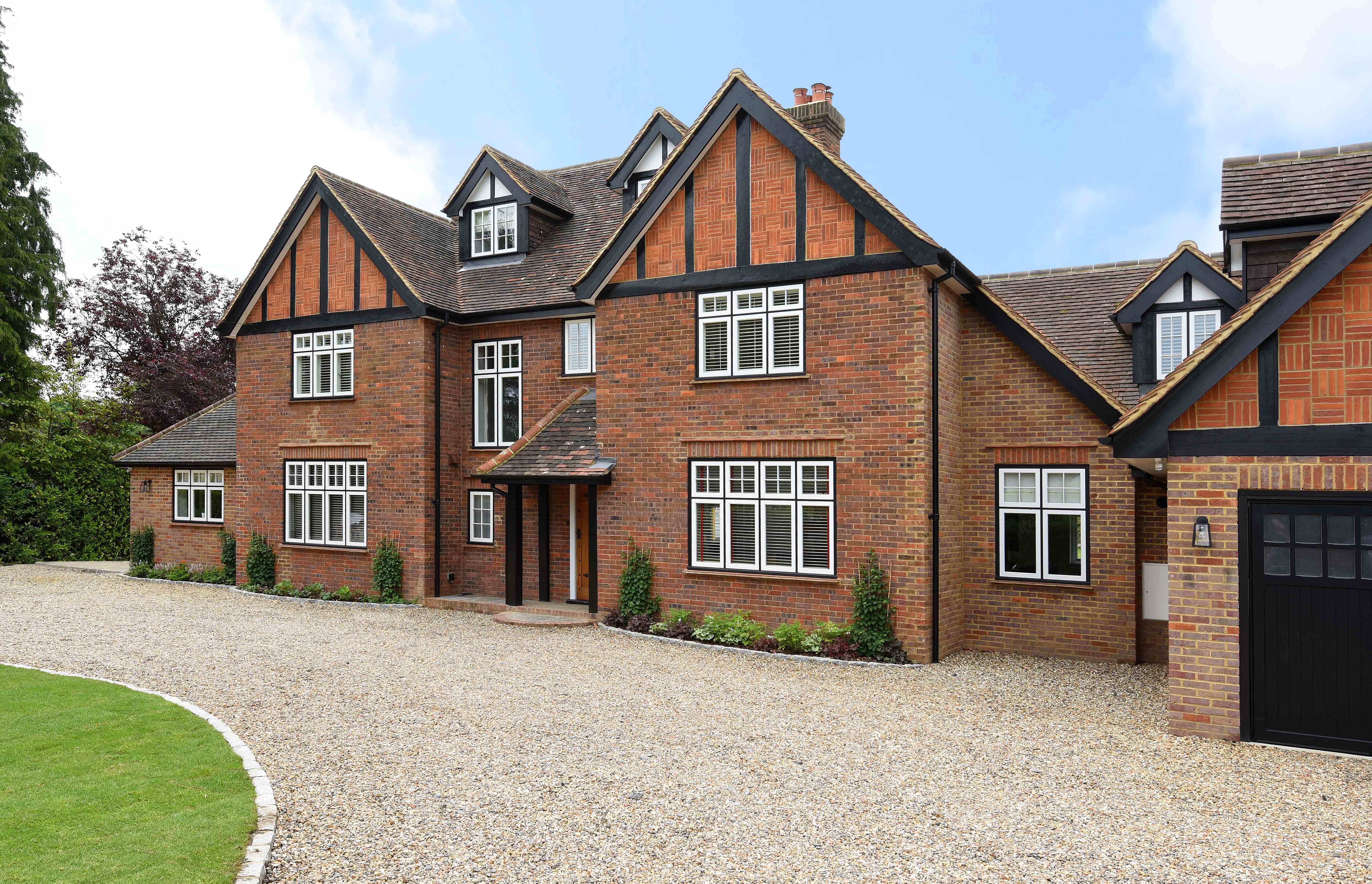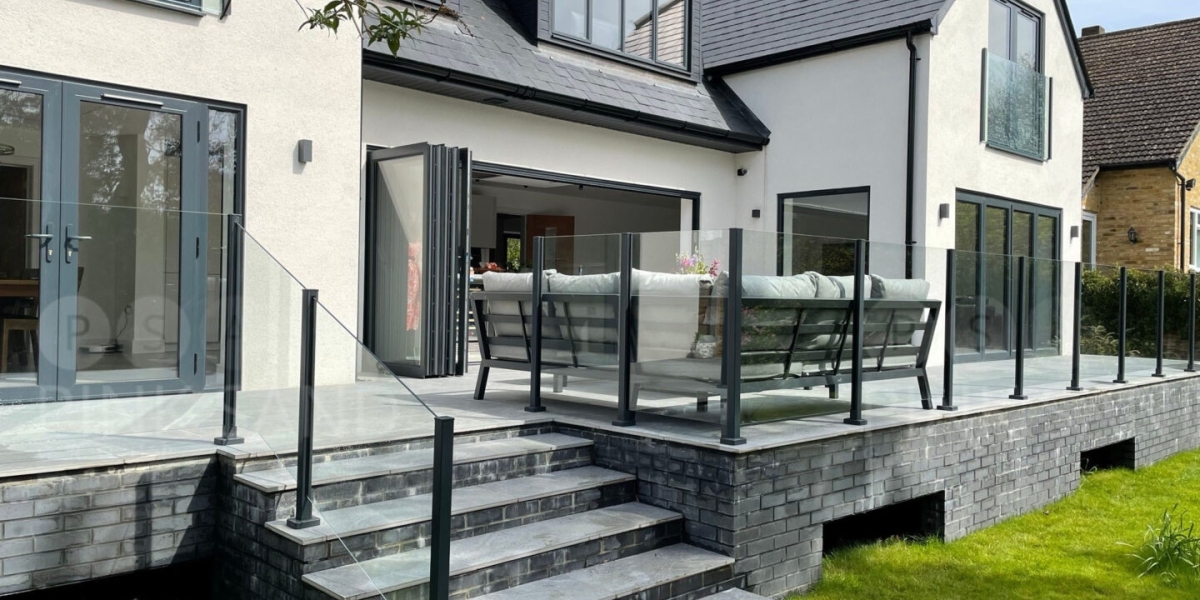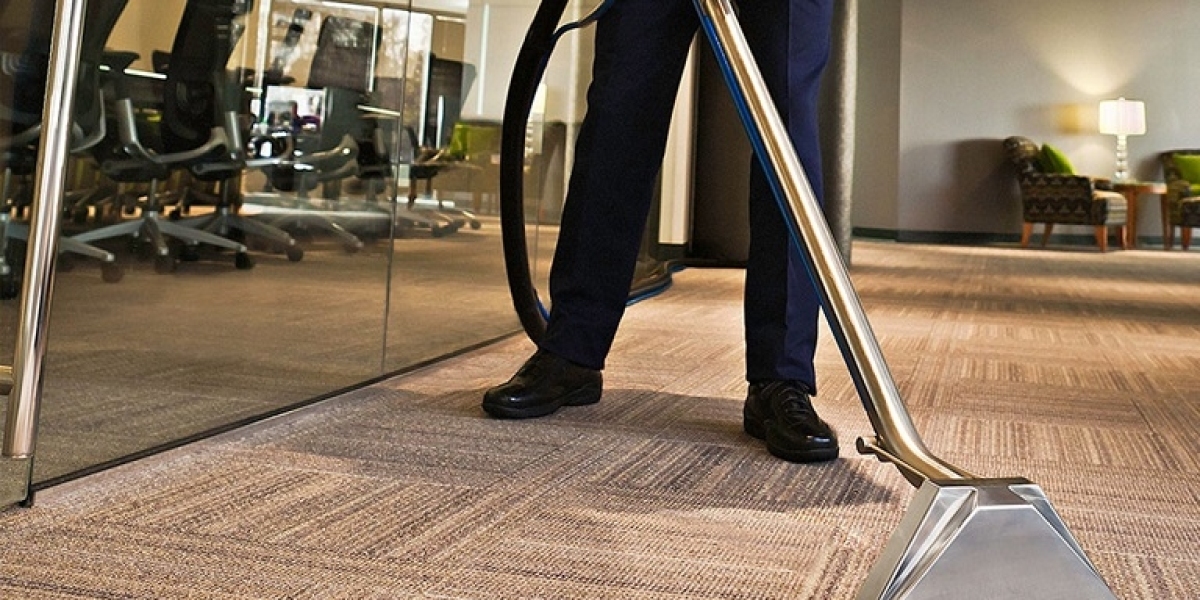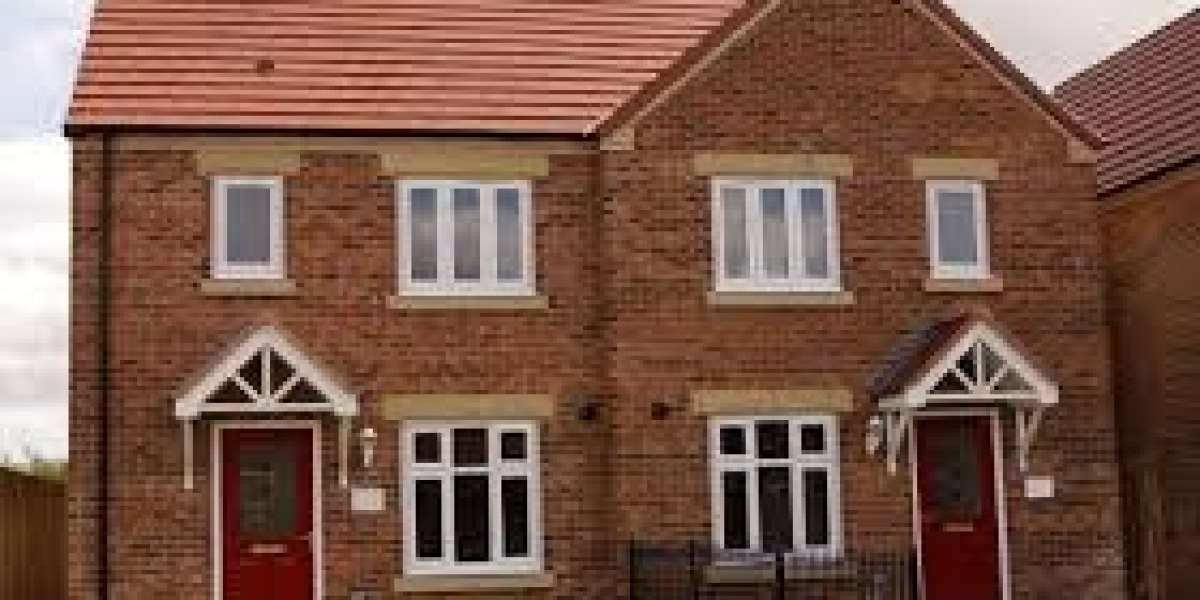
Introduction
Window replacement is increasingly recognized as a critical home improvement project that can significantly enhance energy efficiency, aesthetic appeal, and overall property value. With advancements in window technology and materials, homeowners are presented with numerous options that cater to both functional and design needs. This article explores the benefits of window replacement, the types of windows available, the installation process, and considerations for homeowners contemplating this upgrade.
The Importance of Window Replacement
Windows play a pivotal role in the comfort and functionality of a home. They are responsible for natural lighting, ventilation, and insulation. Over time, windows can deteriorate, leading to a host of issues including drafts, water leaks, and decreased energy efficiency. According to the U.S. Department of Energy, windows account for about 25% to 30% of residential heating and cooling energy use. Replacing old, inefficient windows can lead to significant energy savings, reduce utility bills, and improve indoor comfort.
Benefits of Window Replacement
- Energy Efficiency: Modern windows are designed with advanced technologies that enhance insulation and minimize heat transfer. Double or triple-glazed windows, low-emissivity (Low-E) coatings, and argon gas fills are common features that improve energy efficiency. These windows can reduce energy consumption by as much as 15% to 30%, depending on the climate and existing window condition.
- Enhanced Comfort: New windows can help regulate indoor temperatures, reducing drafts and cold spots. This leads to a more comfortable living environment year-round, as homeowners can maintain a consistent indoor climate regardless of external weather conditions.
- Noise Reduction: Upgraded windows can significantly reduce outside noise, making homes quieter and more peaceful. This is particularly beneficial for those living in urban areas or near busy roads.
- Increased Property Value: Aesthetic appeal is essential for home value. New windows can enhance the exterior appearance of a home, making it more attractive to potential buyers. Additionally, energy-efficient windows are a selling point, as they promise lower energy costs and increased comfort.
- UV Protection: Many modern windows come with UV-blocking capabilities, which help protect furniture, flooring, and artwork from fading due to sun exposure. This added protection can prolong the life of interior furnishings.
Types of Windows
When considering window replacement, homeowners have various options to choose from, each with unique benefits and features:
- Double-Hung Windows: These windows feature two operable sashes that slide vertically. They are easy to clean and provide excellent ventilation.
- Casement Windows: Hinged at the side, casement windows open outward, allowing for maximum airflow. They are often more energy-efficient than double-hung windows due to their tight seal when closed.
- Sliding Windows: These windows slide horizontally and are ideal for spaces where vertical space is limited. They are easy to operate and provide a wide view.
- Bay and Bow Windows: These windows extend outward from the home, creating additional interior space and providing panoramic views. They are often used to enhance the aesthetic appeal of a room.
- Picture Windows: Fixed windows that do not open, picture windows are designed to provide unobstructed views and allow natural light into the home. They are often used in combination with operable windows.
- Energy-Efficient Windows: These windows are designed to meet or exceed energy efficiency standards, often featuring multiple panes, gas fills, and low-E coatings.
The Installation Process
The window replacement process typically involves several key steps:
- Assessment and Measurement: A professional installer will assess the current windows and take precise measurements to ensure the new windows fit correctly.
- Choosing the Right Windows: Homeowners should consider their needs, budget, and the architectural style of their home when selecting new windows. Consulting with a professional can help in making informed decisions.
- Removal of Old Windows: The old windows are carefully removed without damaging the surrounding structure. This step is crucial to ensure a proper fit for the new windows.
- Installation of New Windows: The new windows are installed according to manufacturer specifications. Proper sealing and insulation are essential to maximize energy efficiency and minimize air leaks.
- Finishing Touches: After installation, the area is cleaned, and any necessary trim or finishing work is completed. Homeowners should also be educated on the care and maintenance of their new windows.
Considerations for Homeowners
Before embarking on a window replacement project, homeowners should consider the following factors:
- Budget: Window replacement can be a significant investment. Homeowners should establish a budget that accounts for materials, https://tradewindowsandsupplies.co.uk/trusted-supplier-for-high-quality-windows-and-doors-in-hertfordshire/ labor, and potential unexpected expenses.
- Energy Efficiency Ratings: Look for windows with Energy Star ratings or other certifications that indicate they meet energy efficiency standards.
- Local Climate: The local climate can influence the type of windows that are most suitable. Homeowners in colder climates may benefit from triple-glazed windows, while those in warmer areas may prioritize solar control features.
- Professional Installation: While DIY projects can save money, improper installation can lead to issues such as air leaks and condensation. Hiring a qualified professional is often worth the investment.
- Local Building Codes: Homeowners should familiarize themselves with local building codes and regulations regarding window replacement, as these can vary by location.
Conclusion
Window replacement is a valuable home improvement project that offers numerous benefits, including enhanced energy efficiency, improved comfort, and increased property value. With a variety of window types available and advancements in technology, homeowners can select options that meet their specific needs and preferences. By understanding the installation process and considering important factors, homeowners can make informed decisions that lead to successful window replacement projects. Ultimately, investing in new windows not only enhances the aesthetic appeal of a home but also contributes to long-term energy savings and comfort.









